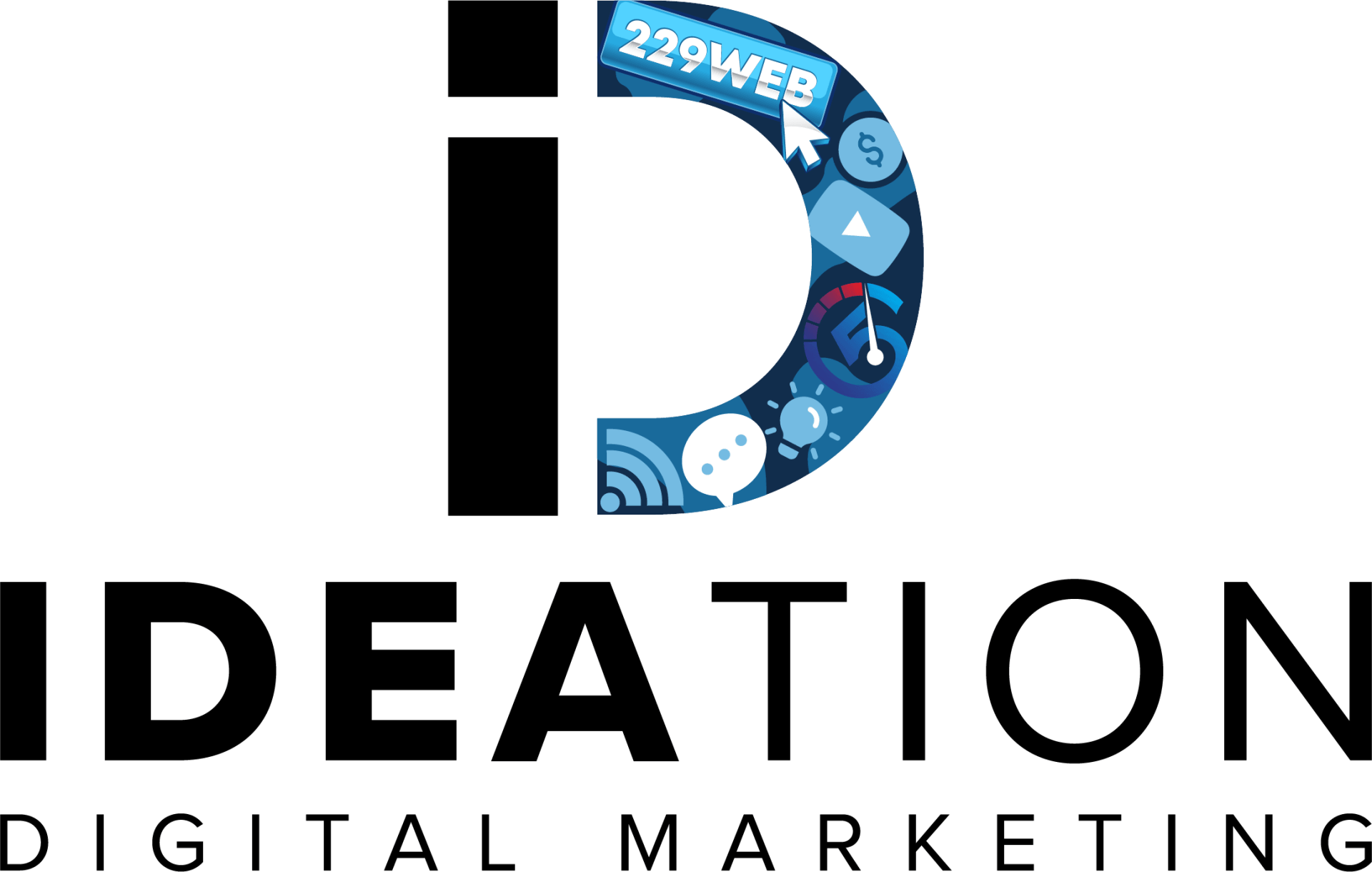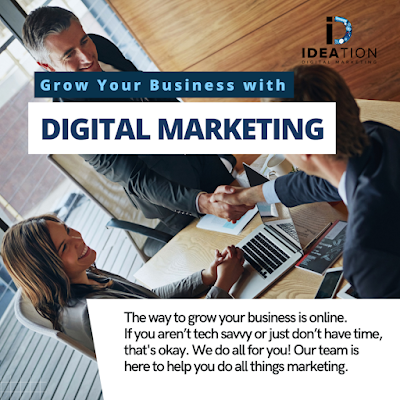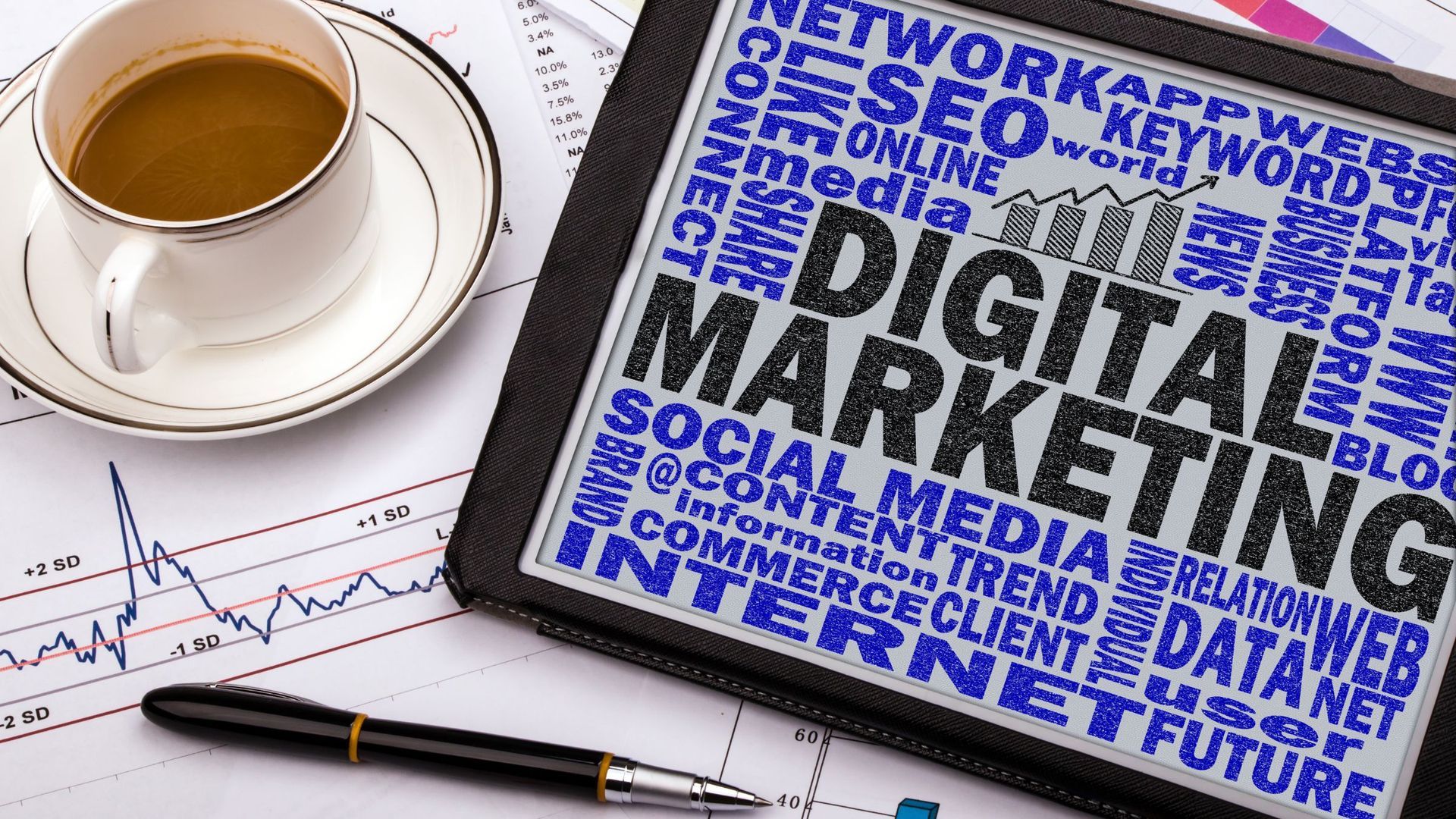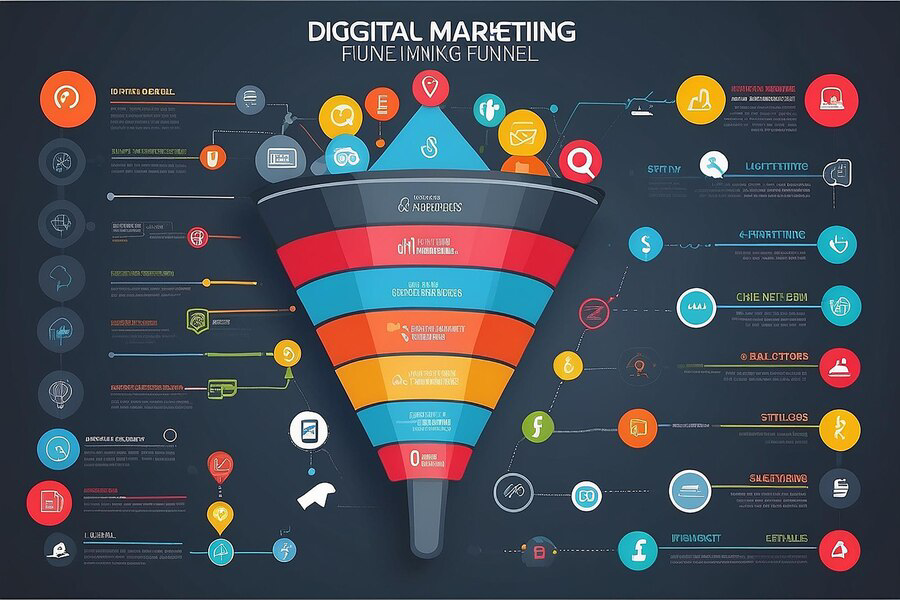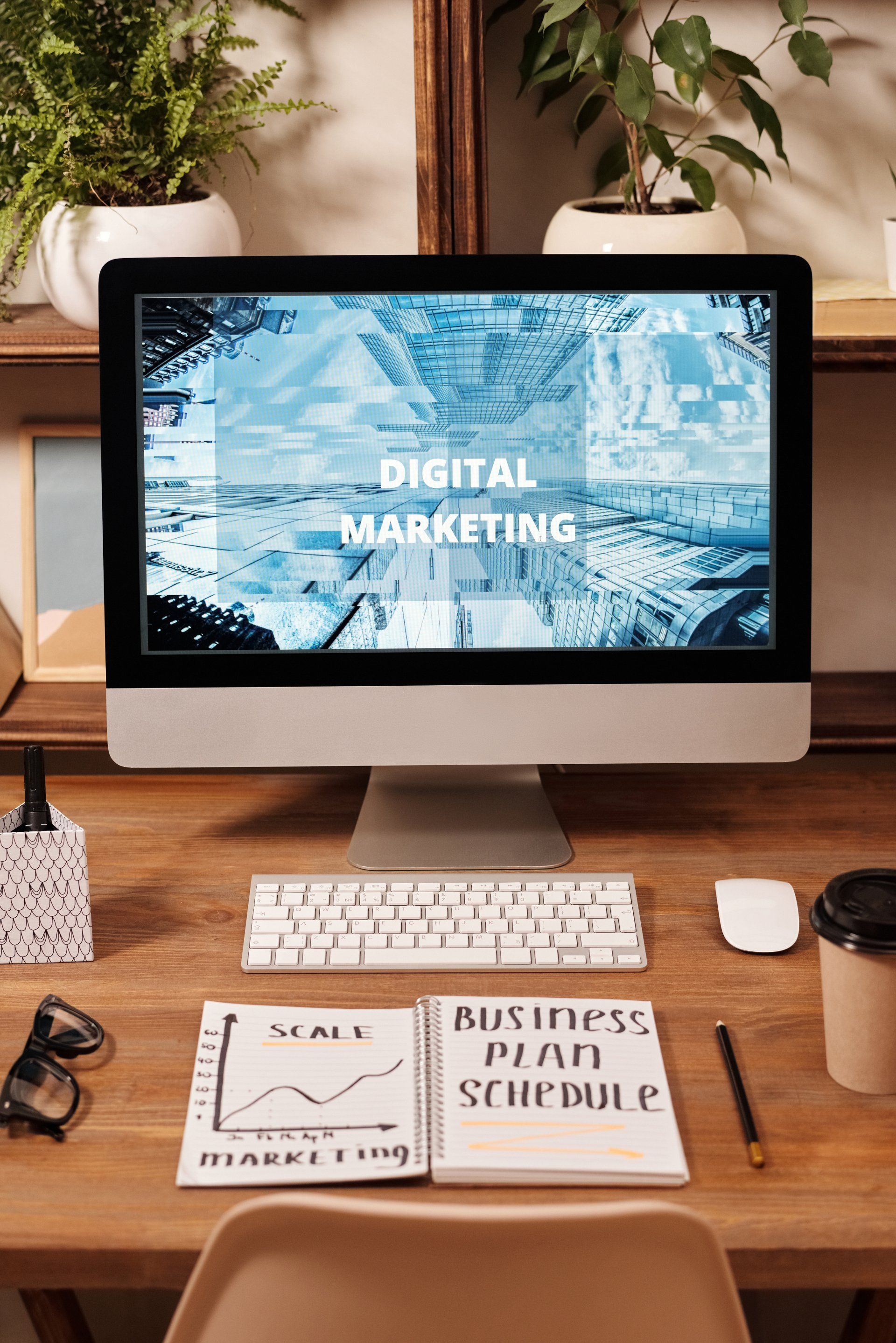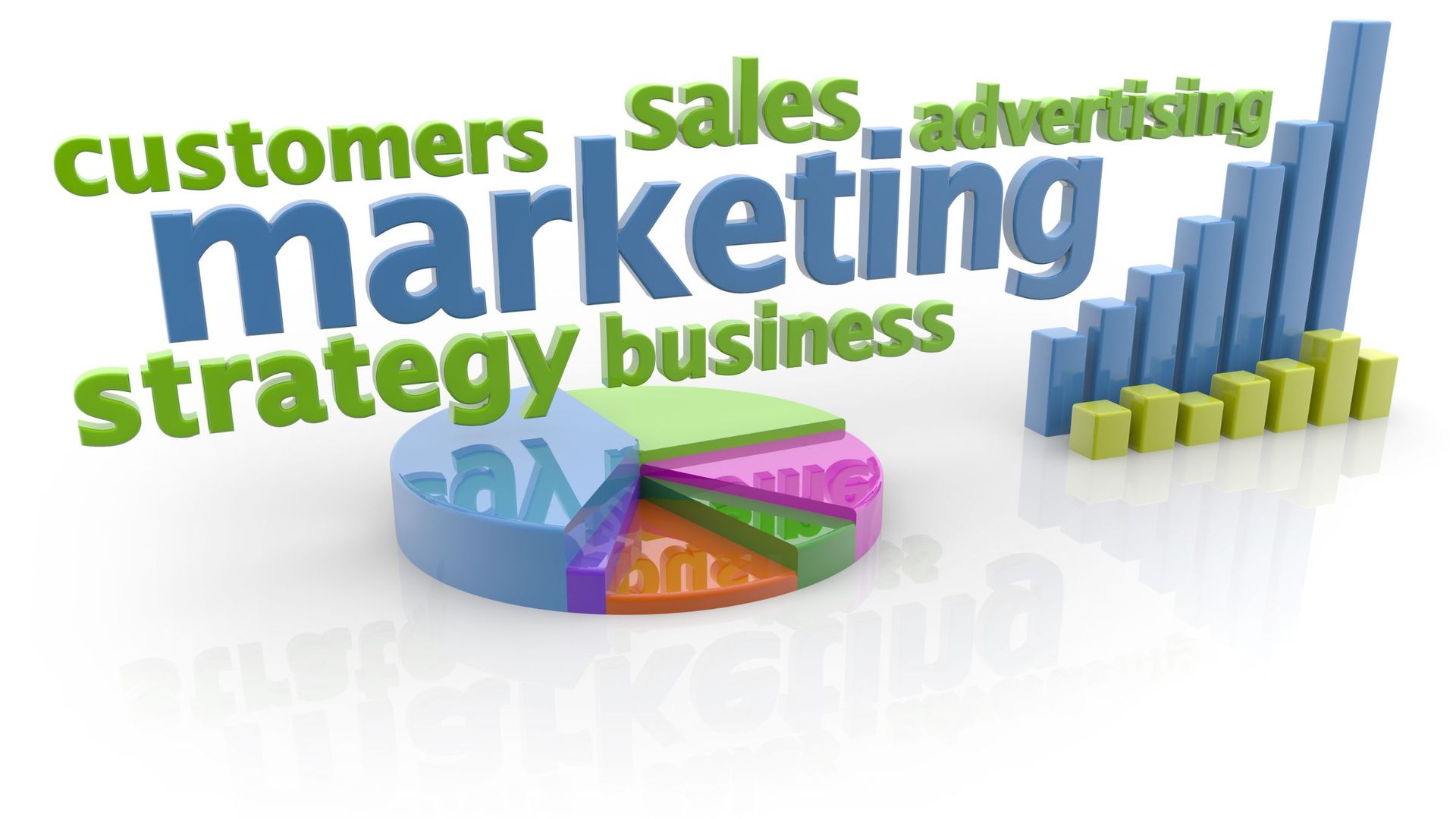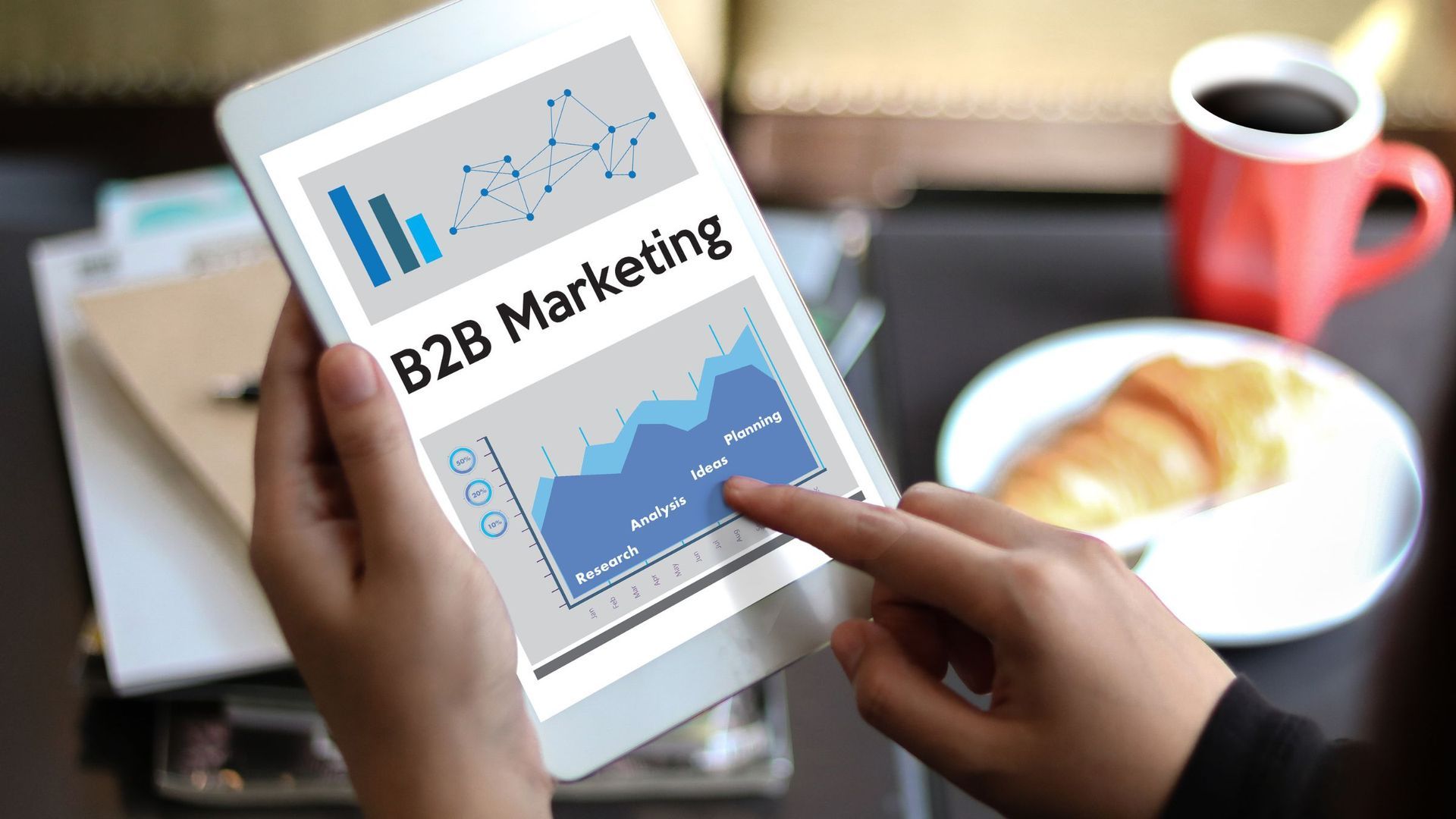BENEFITS OF HAVING A WEBSITE FOR YOUR SMALL BUSINESS
There are plenty of benefits of having a website for small business owners and for big business owners, for startups and for large corporations. However, it's shocking that 46% of small businesses don't have a website yet, while 12% are unlikely to create it in the future and 10% are unsure. Now, when modern people spend about 8 hours a day on the Internet, influencing the way we live and work, any successful business should have a web presence.
In addition, low budget website development allows you to create pretty nice websites that are highly affordable for startups. The reason why surprisingly very few small businesses have a website is that they probably are not familiar with the profitable benefits of having a small business website. So let's look at them right now.
1. You Can Develop an Online Presence
These days, the first thing a lot of people do when they hear about a business is to look it up online. If you don't have a website set up or at least some social media profiles you might as well not exist for all those potential clients.
Moreover, having a website can help shape the way people perceive your business . For example, you can fill your site up with reviews, photos of your locations, helpful information , and anything else that will bolster your image. We're not over exaggerating when we tell you that online marketing is a critical component of business success in today's market.
2. It's Possible to Target Local Customers
If you're anything like us, you look up the closest businesses to you when you're trying to make a specific purchase. For example, let's say you need a haircut and you don't know the neighborhood. You'll probably jump online , and look up nearby barbers or hair salons.
If your website shows up among the first search engine results for these types of local queries, then you might land yourself some extra business (building a strategy to rank well for keywords is known as search engine optimization or SEO). On top of drumming up more customers, your site can also help build brand awareness of your local business in the community.
3. Keep your customers informed.
Information is a powerful tool, and that's especially true if you work in a more specialized industry. Auto mechanics, computer repair technicians, and other businesses that require a deeper level of trust from customers could benefit from keeping customers more informed.
When a customer can't see a problem for themselves and doesn't have the knowledge or experience to understand why a solution may be the best fit, it can make it difficult for them to trust you. On the other hand, when you can educate them, it establishes a baseline for building that trust, and your website can be a great educational tool.
4. Build a Strong Relationship with Your Market
A business by definition is a living, breathing entity. Loyalty is achieved when customers know they are dealing with a company that understands their needs and not just a company that wants to profit.
Let the Market Know “Who You Are”. Outside the Home and About Us pages, you can set up a blog page where you can share your thoughts and ideas with your audience.
Address the Needs of Your Market. Invite your audience to engage you by encouraging them to post comments on your blogs. Embed survey forms and ask your audience to participate and convey their needs.
Educate the Market of Your Business. Utilize the 80-20 Rule; 80% of your content should be usable or relevant to the needs of your audience while 20% should educate them about your business.
Improve Customer Service. In addition to e-mail, social media, mobile and landline, install chat support as the 5th avenue for customer service. This will give your end-users more options to relay concerns and inquiries.

5. Look more professional.
There are more than 30 million small businesses in the United States. They're not exactly a dime a dozen, which means that, when someone wants to work with a small business, they have options to choose from.
People don't want to work with just any small business. They want to work with a professional small business that they can trust to get the job done right or provide them with high-quality products. Your website can help to establish your business online and make you look more professional and capable.
6. Develop A Mailing List
Once you have a website built, add a form for people to sign up for your mailing list. You now have an easily accessed database of potential customers to advertise to. According to one study, email marketing can be up to 40 times more effective in acquiring new customers than social media.
7. Save Money on Printing
Paper catalogs and brochures can still be helpful in point-of-sale situations, but what if item information changes? It is much easier to have all relevant info on your website, where it will be much cheaper to edit and revise . A combination of print and web marketing materials will likely be the most cost-effective way forward.
These savings can apply to marketing costs as well.
A traditional full-page ad in a smaller regional newspaper can cost around $1000 or more .
Website Development can only cost a few hundred dollars a year.
8. Competitors Online
If you don't have a website it is highly likely that your competitor will do, this means that you are missing out on gaining new customers and can be in the forefront of their minds. It is crucial that no opportunities are missed and are gained by the competition.
9. Customer Service Online
Websites provide an easier way to handle customer service. Offering answers to regularly asked questions in a FAQ (Frequently Asked Questions) section, you can reduce customer service costs and save yourself time and money, as well as providing much more information. This also means that customers can receive a reply instantly and saves time, which helps to encourage positive customer relations in the long run. This could be a benefit for you, all positive feedback can be uploaded into a testimonial, your customers are happy why not show it off?!

10. A website ensures your success over the long term
almost 4.54 billion people (59% of the global population) use the Internet, and more and more people are getting online.
Without a website, your business is invisible to these people. As we progress further into the digital era, your business will become invisible to everyone unless you invest in a website.
So to stay competitive in this increasingly digital world, your business needs to get online.
